掲示板 Forums - Confused about kanji
Top > 日本語を勉強しましょう / Let's study Japanese! > Anything About Japanese Getting the posts
Top > 日本語を勉強しましょう / Let's study Japanese! > Anything About Japanese
Hi all. I finished my hiragana and katakana lessons. Now renshuu recommended me the following things:
-words for japanese basics
-complementary words for japanese basics
-japanese basics
I started with words because that made the most sense. Now that i know a few, I learned japanese basics which is grammer and also makes sense. However the complementary words are basically kanji. I feel like im missing a kanji tutorial or something because im just overwhelmed by kanji out of nowhere. Did i just miss something? What is Kunyomi and onyomi?
If you go to the menu then Resources → Japanese Lessons and scroll all the way to the bottom you will see a lesson called Kanji. Click and go through it, most of your basic questions will be answered there, such as Kunyomi and Onyomi differences.
I found it and its very helpful!
but then i got my first kanji. 
土
soil, earth, ground, Turkey
Kunyomi: つち
Onyomi: ド, ト
How do i know what is the most common used word for it and how to match it to the kunyomi / onyomi?
is it the closest word (soil) is the most common used? And thus Turkey is used less often using this kanji?
Do you see anything that looks like this:
I just wanted to jump in here and mention that the words below a kanji- in 土's case the "soil, earth, ground, Turkey"- are NOT "words" for that specific kanji, and should instead be considered as "meanings" and/or what the kanji (that particular symbol) signify. This should become more apparent once you hit kanji that have more abstract meanings listed for it, as well as cases where the meanings don't even seem to match the words it's used in.
How do i know what is the most common used word for it and how to match it to the kunyomi / onyomi?
Other than using the dictionary at the bottom of the page that ボールおじちゃん above me mentions (I suggest using the drop down menu for the dictionary to filter "most common words"), renshuu lists small symbols next to each kun/on reading to show which grade level (if any) the kanji is usually taught at. For 土 those are the 小s, which mean they are normally taught in primary. You can click those symbols as well to get a full explanation from renshuu of which symbol means what.
Occasionally, certain kun/on readings renshuu has greyed out. Typically I find that these readings are rare or not even in use, but this is case by case.
Last, as a general rule (so not always), kunyomi are used in words of the kanji by itself or in words with kana, and onyomi are used in words of the kanji with other kanji. You can actually see that 土 fits the first part of the kun rule with 土 by itself being read as つち for "soil, dirt, earth, ground" etc. (see, even this first word already covers most of the "meanings" for 土 by itself, instead of them being all seperate words for 土), but then it's an exception of the rule as well with 国土 (くにつち) and 粘土 (ねばつち). But then if you jump over to theド tab in the dictionary, you'll see that most cases of 土 being in a word with another kanji it is read as it's onyomi reading instead (ド instead of つち).
So basically, kanji are quite fluid and should be looked at as symbols that have abstract and possibly multiples meanings that aren't definite, and you just need to get used to them as you see and use them over and over. 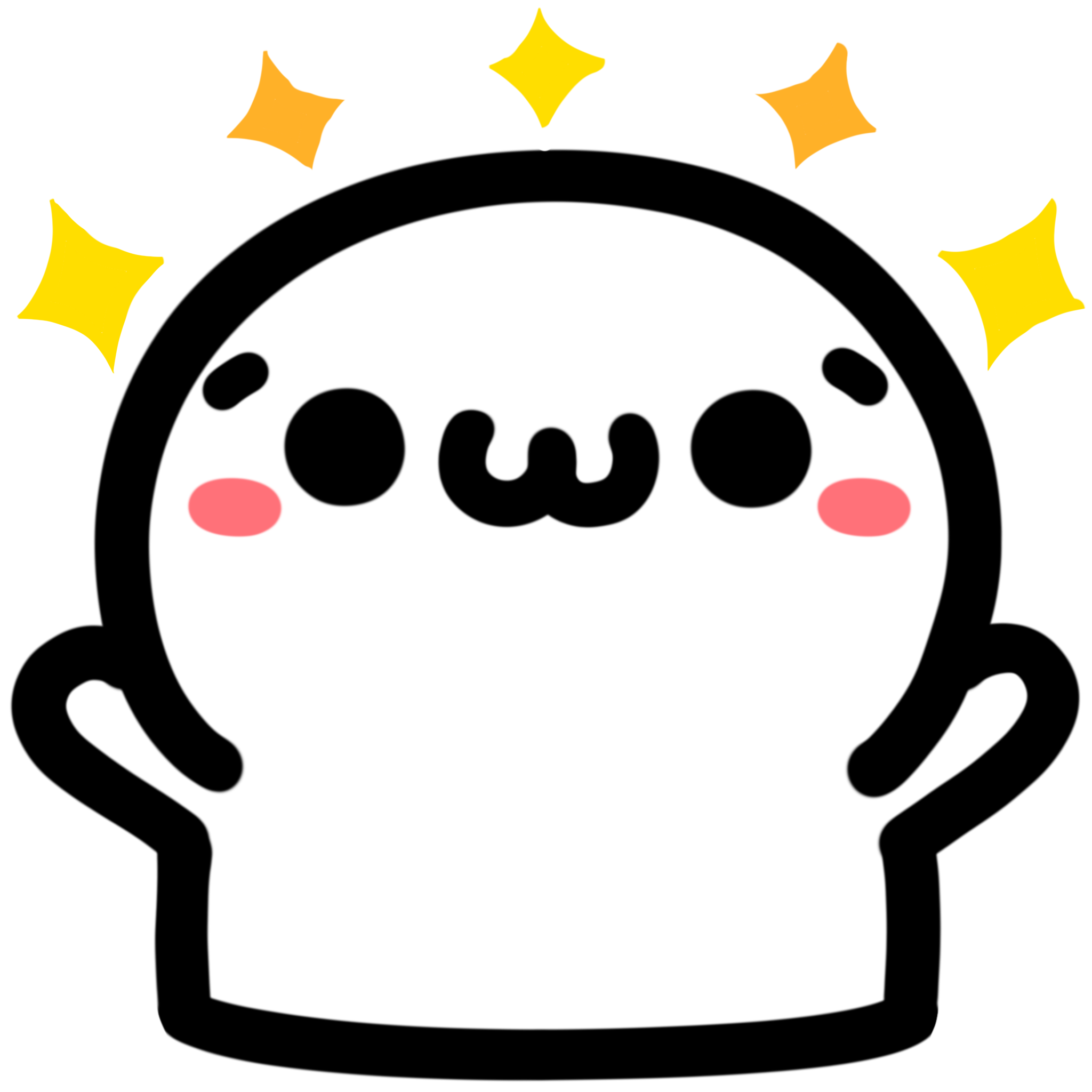 They can be difficult and overwhelming but over time they can get a lot easier to deal with and you'll notice their particular patterns.
They can be difficult and overwhelming but over time they can get a lot easier to deal with and you'll notice their particular patterns.
Also! (actual last thing lol) You mentioned all the complimentary words being in kanji- in that case make sure to check in your settings if furigana are on! This puts little kana characters above kanji to show their reading! 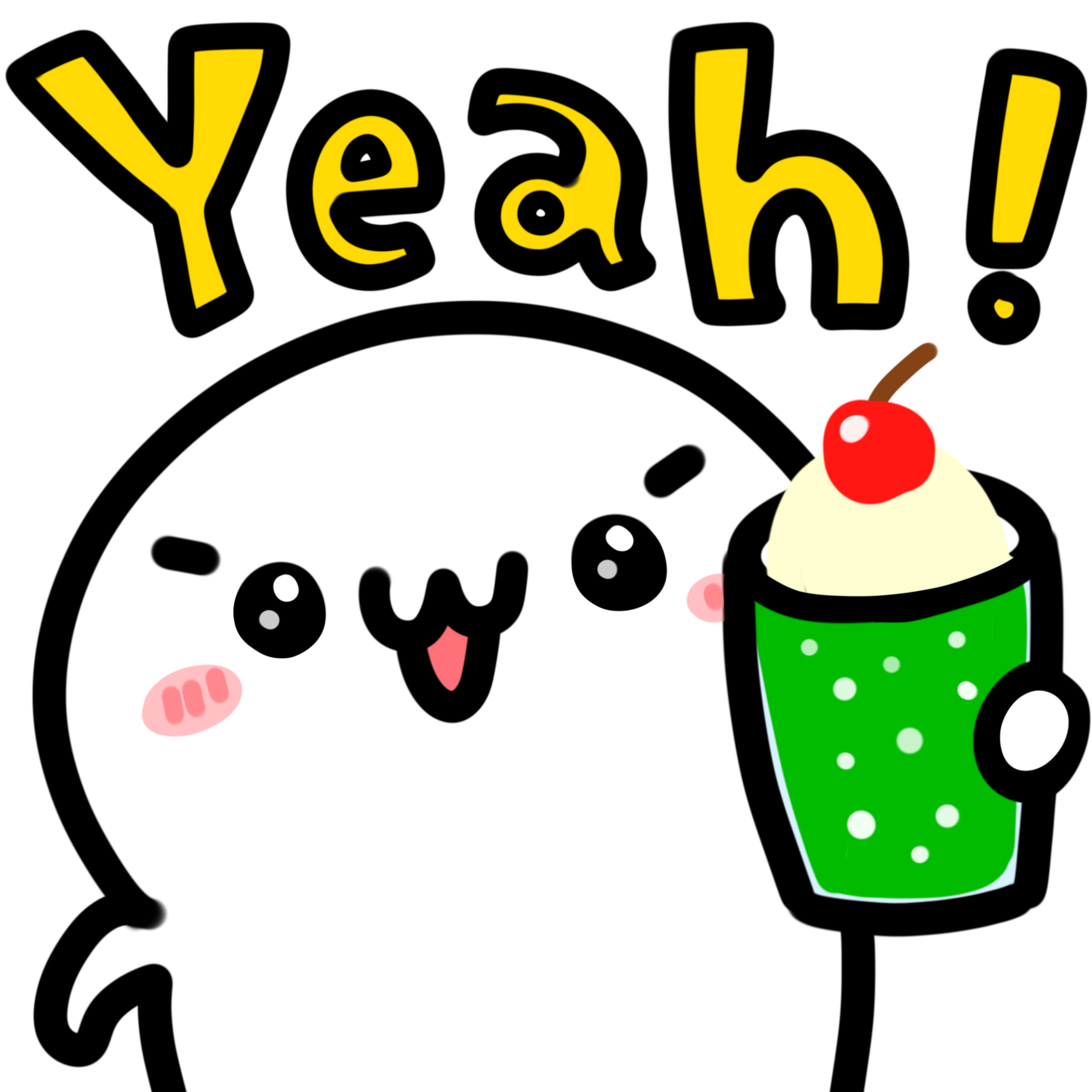
Oh  so much for everyone's time and effort!!
so much for everyone's time and effort!!
It starts to make a bit more sense to me now!
So by itself it can mean soil earth ... and if i would like to speak the word, I could use つち.
However since its greyed out, it means that in real life, we dont use the word that much to indicate soil, earth, but rather with another kanji.
perhaps this word instead is used more often?
土地
however I looked up words that use 土.
Some words make sense such as territory. You use the ground kanji to indicate.
But then saturday is also like this?
土曜日/どようび
Does Saturday in Japanese mean something like on this day we would work at the farmland in the past thus indicating this? or it doesnt always make sense?
Also if you look in the dictionary of 日.
び is greyed out. However, saturday is a very common word to say. What's up with that? Also isnt it supposed to be the onyomi, is this an typical exception rule?
I found this really interesting and im grateful for your responses 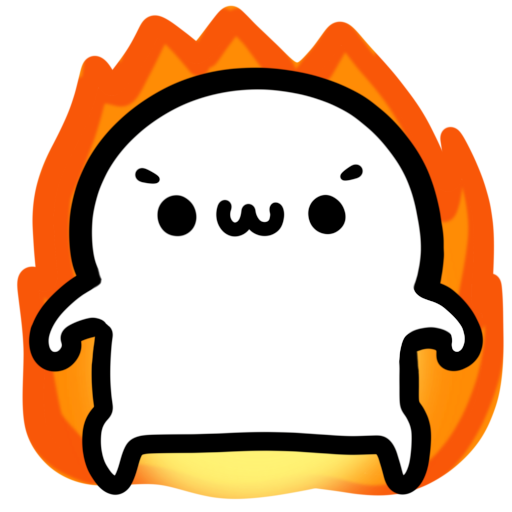
However since its greyed out... For me, つち is not greyed out for 土 (only と is greyed out). And actually, と is still the reading you would use for this: 土地 that you mentioned. 土地 itself also doesn't seem to be a rare, if you have the dictionary labels on (another renshuu setting), you can see it labeled as "Common 500." My mentioning of the greyed out readings was not supposed to set a hard rule for you to follow, but was just me mentioning a general pattern I saw from looking at hundreds of kanji pages on specifically renshuu over my time studying here. Honestly, it might not even be what certain readings are greyed out for! From what I can tell, there is no actual description for the greyed out readings on renshuu (but I could've missed it), and from looking at some other jpen dictionaries, it seems to be a possible unique quirk that renshuu's dictionary has. So please don't make broad assumptions like it means that in real life, we dont use the word that much to indicate soil, earth, but rather with another kanji... for something like this! I wrote "renshuu has greyed out" because it is like this on renshuu's dictionary. I really tried to convey it with what I wrote before, but please don't take anything I wrote as a hard rule!! I hope this is more clear...
Does Saturday in Japanese mean... I don't know. But all the days of the week seem to follow what I imagine is an element/nature based theme. My favorite is water Wednesday 水曜日. 
Also isnt it supposed to be the onyomi... I imagine び is a kun reading because it's basically ひ and seems to be used the same as 日 (ひ) day but for describing a specific day (like the days of the week). I personally haven't looked into it much (so again, take with a grain of salt), but there's a thing where a reading can change from a softer sound, say ひ, to it's harder sound, び, when placed by another sound to help with pronunciation ease. (I definitely think ようび is a lot nicer to say than ようひ!) So that's what I assume where this comes from.
The Japanese terms for days of the week come from the five elements (from Chinese philosophy): fire, water, wood, metal and earth. So you have:
Tuesday: 火曜日 (かようび) = Fire day
Wednesday: 水曜日 (すいようび) = Water day
Thursday: 木曜日 (もくようび) = Wood day
Friday: 金曜日 (きんようび) = Metal day
Saturday: 土曜日 (どようび) = Earth day
It's not so different from English/European days of the week, which are named after Roman/Germanic gods (Saturday = Saturn day). The exceptions in both English and Japanese days are Monday and Sunday, which in both languages refer to the moon and the sun.
So perhaps that will at least clear that part up!
The Japanese terms for days of the week come from the five elements (from Chinese philosophy): fire, water, wood, metal and earth. So you have:
Tuesday: 火曜日 (かようび) = Fire day
Wednesday: 水曜日 (すいようび) = Water day
Thursday: 木曜日 (もくようび) = Wood day
Friday: 金曜日 (きんようび) = Metal day
Saturday: 土曜日 (どようび) = Earth day
It's not so different from English/European days of the week, which are named after Roman/Germanic gods (Saturday = Saturn day). The exceptions in both English and Japanese days are Monday and Sunday, which in both languages refer to the moon and the sun.
So perhaps that will at least clear that part up!
Minor correction: Though the days of the week appear to be named after the elements, This is only the half of it. It's more or less in keeping with the same system the world has used for millennia. It's actually based on the same naming system for the planets and stars. It was thought that this was brought to China by the Romans, and then introduced to Japan from China.
The Japanese terms for days of the week come from the five elements (from Chinese philosophy): fire, water, wood, metal and earth. So you have:
Tuesday: 火曜日 (かようび) = Fire day
Wednesday: 水曜日 (すいようび) = Water day
Thursday: 木曜日 (もくようび) = Wood day
Friday: 金曜日 (きんようび) = Metal day
Saturday: 土曜日 (どようび) = Earth day
It's not so different from English/European days of the week, which are named after Roman/Germanic gods (Saturday = Saturn day). The exceptions in both English and Japanese days are Monday and Sunday, which in both languages refer to the moon and the sun.
So perhaps that will at least clear that part up!
oooh thats so cool !! Thanks!
So by itself it can mean soil earth ... and if i would like to speak the word, I could use つち.
However since its greyed out, it means that in real life, we dont use the word that much to indicate soil, earth, but rather with another kanji.
Not quite. Many kanji are not single words by themselves (some are, some aren't), and shouldn't be read standalone (unless you know this one does happen to be a word).
Kanji can have several different pronunciations in different words. Some pronunciations are uncommon enough that renshuu grays them out, so you can just focus on remembering the common ones.
One thing I've noticed on renshuu is that if you learn a word with an uncommon reading, that reading will become ungrayed and added to your SRS reviews - this has come up a few times on the N5/Beginner Kanji list as I'm now going through N4/Pre-Intermediate Words. So in some cases renshuu's idea of uncommon may just mean they'll teach it later.
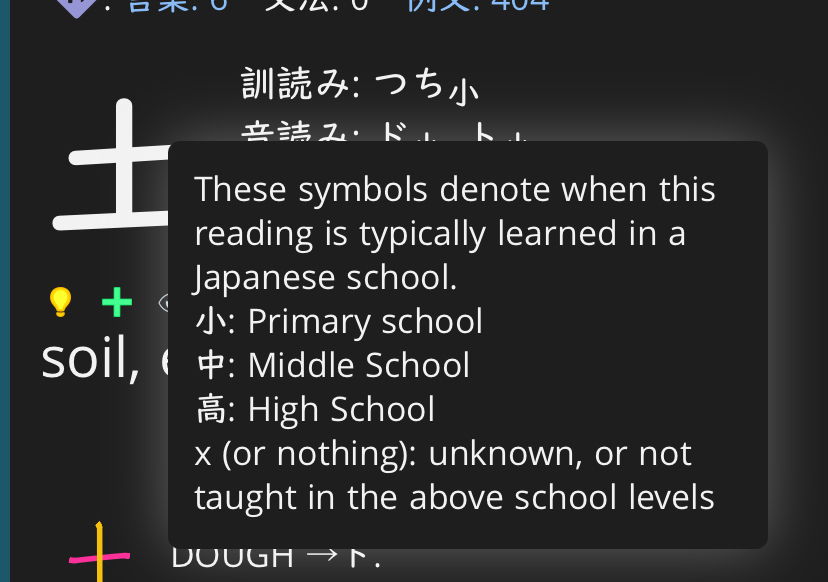
I want to clarify how renshuu marks readings. Elementary readings are subscripted with 小 (for 小学), intermediate readings with 中 (for 中学), advanced readings with 高 (for 高等学校), and unknown readings with x (or nothing).
つち has the 小 subscript, so it is an elementary reading, not a rare one. So why is it grey (for octoplush, not for me)?
From the help:
Why are some kanji readings black, and some grey? Readings that you have not yet studied in your kanji studies and/or are rare/uncommon will be shown in grey. You can click a kanji reading to toggle it from unknown to known.
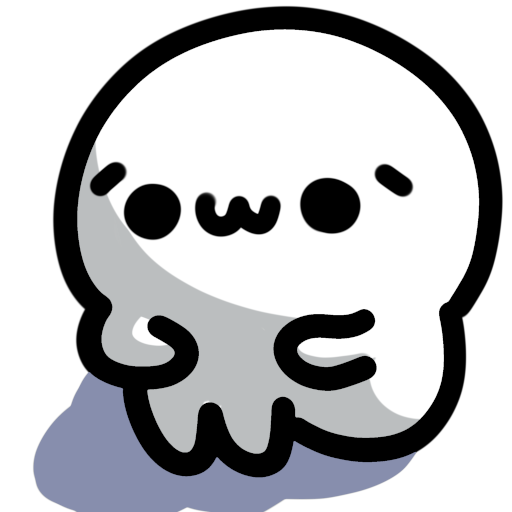
So I learned the following kanjis today.
人 , 日 and 土
Then I did the test for japanese words, it seems to incorperate the kanji I have learned, changing sunday in the lovely version:
日曜日
I dont know the middle kanji of course but you get my point.
Isn't this just plain mean?? にちようび ?

Yes, that is the pronunciation.
You'll probably have read it somewhere, but basically kanji is classed with two different types of readings (that is, the pronunciation you use to speak/read), depending on how it's used. Some kanji can have only one reading of one type or the other. Some can have one of one type, and multiple for the others. Some have multiple for both. If that intimidates you, that's how it is. If you learn some words, you'll get a feel for what reading it is. However, there can also be some funny stuff to learn, like the rules of rendaku, which are usually simple, but sometiems there's a word which could fall into some debateable status, but I'm not gonna bore you with the specifics.
Also, people can easily confuse themselves. Such as in the case through a j-drama, 99.9 Criminal Lawyer (99.9-刑事専門弁護士). The main character, 深山 大翔, gained a reputation among the courts by the second season. Through the whole first season, everyone who knows him in person knows that 深山 is "Miyama". However, for those who only know of him on paper, 深山 is also read as "Fukuyama", and they'll eventually start talking about the guy, while speaking to him. So, it happens. Live and learn.